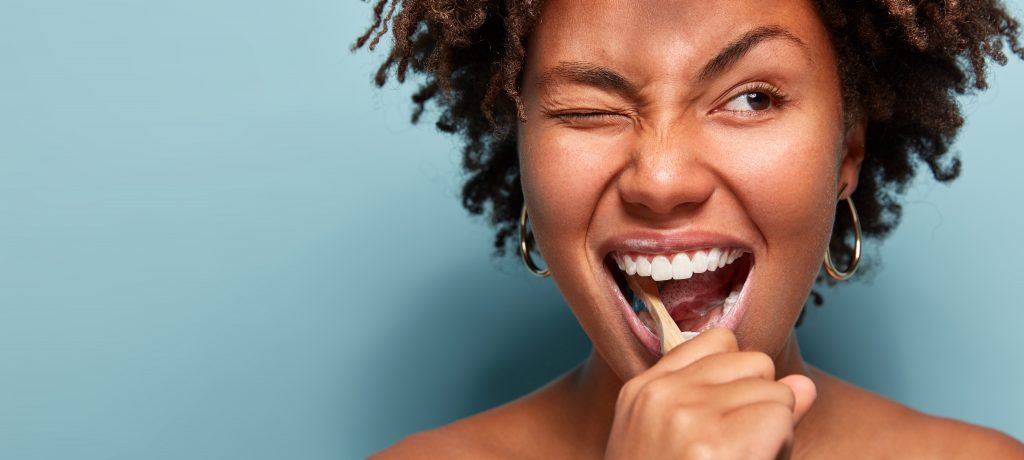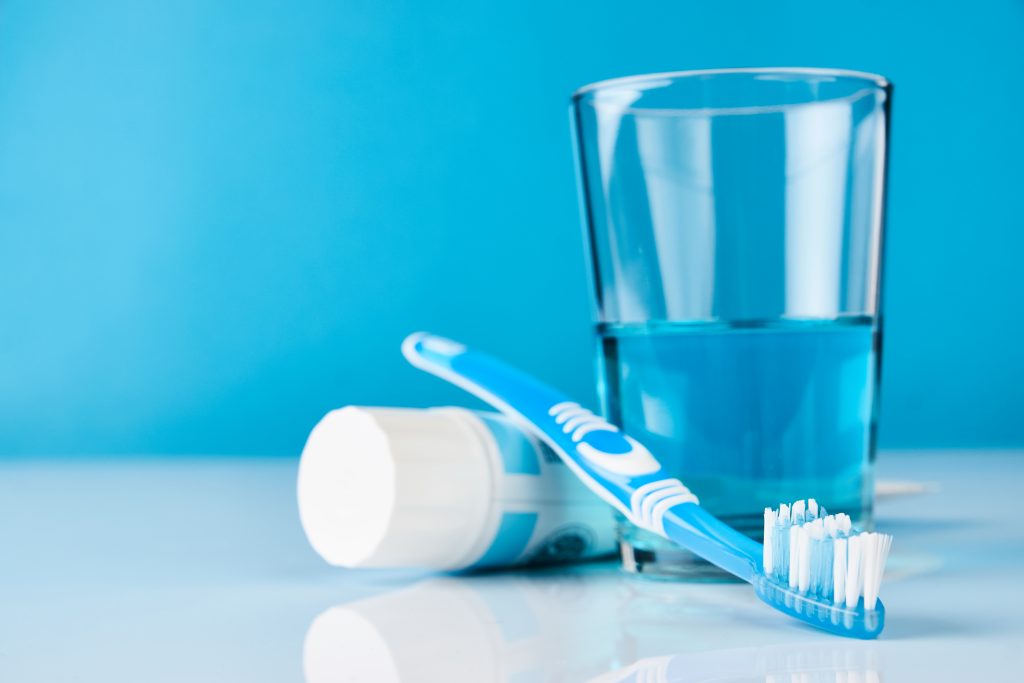Resource Library
Start Reading

You know what all dentists will tell you? A healthy tooth is a clean tooth.
If you’re wondering how to get good oral hygiene, it all starts at home on a day-to-day basis. As time goes on, oral hygiene habits have a cumulative effect on your teeth. When you practice the right oral hygiene tips in a consistent way over time, you can prevent most avoidable conditions while also saving your wallet!
Yet, studies show that 92% of adults have had a cavity, while 26% suffer from untreated cavities (tooth decay). Most people could do more to control their own oral health and avoid emergency trips to the dentist.
And, although everyone has different predispositions to certain types of dental problems, there are many things you can do to minimize risk. These tried-and-true tips will help you promote the best oral health you possibly can between visits to the dentist:
Flossing every day is one of the most important things you can do to improve your oral health.
 Unlike a toothbrush, which cleans the surfaces of the teeth, floss gets at the tight spaces between the teeth where plaque builds up. When you floss routinely, you’ll see the effects in firm, coral pink gums that won’t bleed.
Unlike a toothbrush, which cleans the surfaces of the teeth, floss gets at the tight spaces between the teeth where plaque builds up. When you floss routinely, you’ll see the effects in firm, coral pink gums that won’t bleed.
By removing plaque regularly, you create a completely different oral environment from what you would have otherwise. Neglecting to floss leads to reddened, sensitive tissues due to the presence of bacteria. In some cases, gingivitis (inflamed gums) can lead to periodontitis, a serious form of gum disease.
Flossing doesn’t have to be complicated to accomplish its goal. Just take a flosser or length of floss in your fingers and gently move it alongside each edge of the tooth. Wash off the debris that you pick up so that you don’t spread it to your other teeth (or just use a different section of floss!)
Aside from improving your breath, brushing will help you build a healthy oral environment. It’s not necessary to brush vigorously––rather, comprehensiveness is key. Make sure you brush against every surface of your teeth, inside and out. Circular movements on each tooth will help remove plaque in the most effective manner.
And, don’t forget to brush your tongue! It’s just as much of a target for bacteria as the rest of your mouth.
Sugar is the number one culprit behind cavity development. If you have a sweet tooth, there are ways to minimize the impacts on your teeth. You can opt for “sweet” foods with less sugar––for example, banana bread that uses honey instead of granulated or brown sugar. You can also wash down any sugary treats with water to help clean off the surface of your teeth.
Also, beware of foods that pack a high sugar content without seeming like it––such as most fruit juices. Finally, soda is your worst enemy. Its fizzy, sugary content dissolves tooth enamel like nothing else. Save it for special occasions and when you do drink soda, be sure to drink a glass of water afterward.
We know that it’s been difficult to visit the dentist lately due to the evolving pandemic. But please know that Penn Dental Family Practice stands at the forefront of pandemic safety and infection control, writing the protocols being used by dental practices across the country. You won’t find a safer environment than at our offices.
Making regular check-up visits allows the dentist to treat dental conditions BEFORE they become serious enough to merit in-depth interventions. Each time you go in for a cleaning, your dental hygienist will remove plaque and tartar to prevent tooth decay. When you leave the dentist’s office, it’s like you have a fresh start all over again! But, the longer you wait to go to the dentist, the more plaque that builds up. Guard against periodontitis and tooth decay by making appointments twice a year. You won’t regret it!
To schedule an appointment at Penn Dental Family Practice, please call 215-898-7337 or use our contact form to get scheduled by a member of our team.